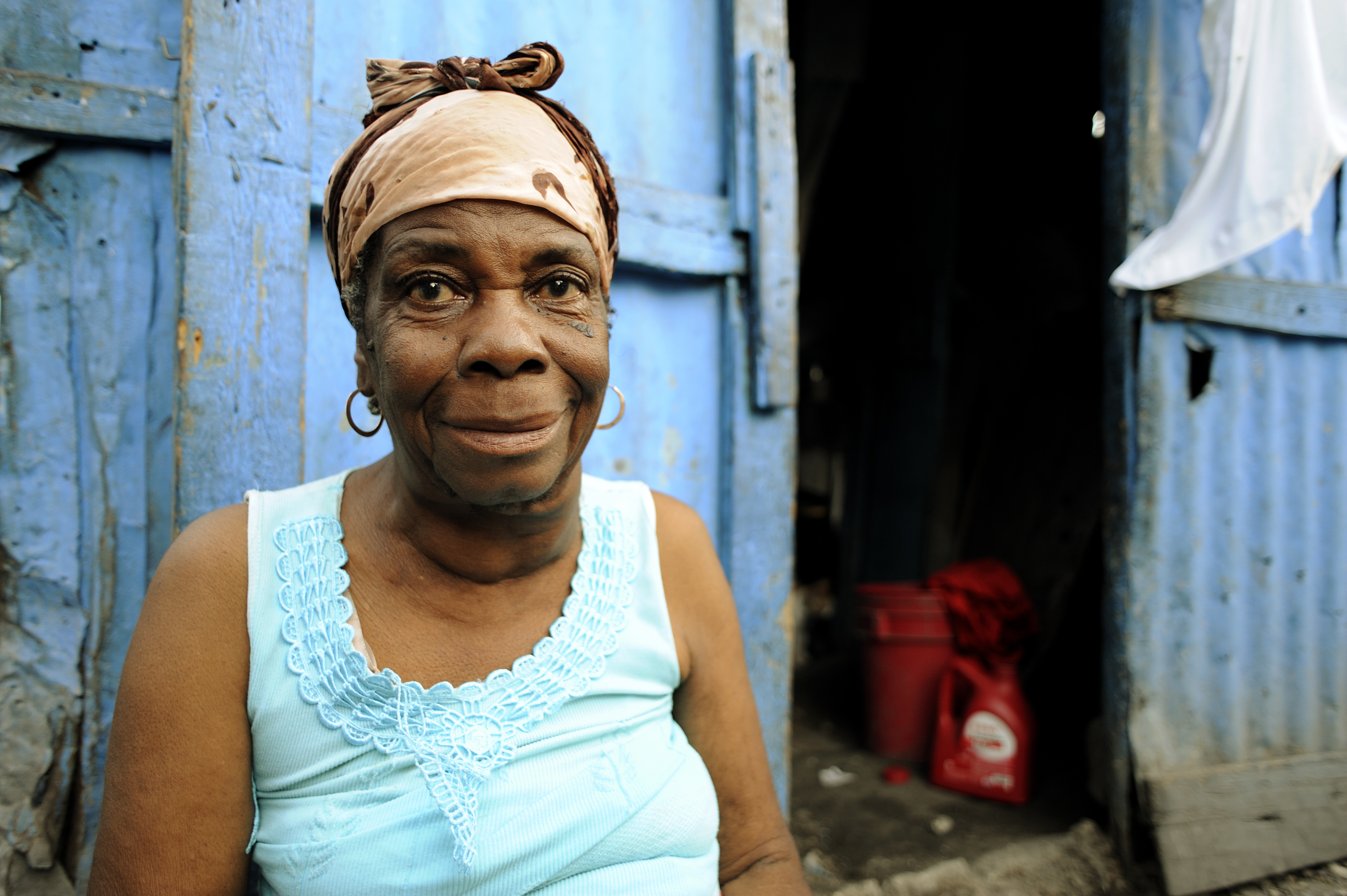
We are advocating for the UK Government to make a strong contribution to the World Humanitarian Summit (WHS) to ensure the inclusion of people of all ages in future humanitarian responses, and to implement these principles and influence others following the WHS.
In June 2016, member states and NGOs will gather for the WHS. The summit offers a chance to reform a humanitarian system that is no longer fit for purpose and often excludes marginalised groups, including older people.
Two-thirds of the world’s 901 million older people live in developing countries, where disasters are more likely to occur and the humanitarian impact is greater. Every year, an estimated 26 million older people are affected by natural disasters alone. Existing data shows that older people are disproportionately affected by disasters.
Challenging ‘one-size-fits-all’
The Principles of Humanitarian Action, set by UN agency OCHA, state that all humanitarian assistance must be delivered in an impartial way, on the basis of need. In practice, this is not happening.
The majority of humanitarian actors take a ‘one-size-fits-all’ approach, which does not take specific needs into account. In order for us to achieve the Sustainable Development Goals with their underlying principle to ‘leave no-one behind’, the humanitarian sector must adapt to be more inclusive.
Calling for better data
In many cases, the impact of humanitarian crises on older people isn’t being properly monitored.
For example, a 2016 analysis by the Assessment Capacities project (ACAPS) found that 40 per cent of 105 multisector assessments during the past decade provided no sex and age-disaggregated data.
Women are at increased risk of violence during conflict, but the lack of data collection on women aged 50 and over makes it hard to see the whole picture and respond appropriately. More and better data is urgently needed.
Sometimes older people are being excluded in areas where they are most vulnerable; example global nutrition programming often focuses on children under five and lactating mothers, although older people too are often seriously malnourished. It is clear that older people need to be included in nutrition responses during emergencies.
It is time for the UK to act: how to leave no-one behind
The UK Government has made explicit commitments in its Disability Framework to tackling inequalities experienced due to age, disability and gender in its humanitarian and wider programming. This needs to be put into action to ensure that the emergency responses the UK Government supports are inclusive of marginalised groups.
As promised, the Department for International Development should use its influence to ensure that collection and use of data across the humanitarian system is improved. We are calling for the UK Government to put into practice its requirements for the humanitarian actors it funds to demonstrate how they will improve their response to marginalised groups including older people.
One of the issues facing the humanitarian sector is its view of meeting older people’s needs as a specialised area for particular actors. It is crucial that all humanitarian actors come to understand better the specific needs of older women and men in emergencies and address this as a standard part of their responses.
In our recent response to the International Select Committee’s inquiry into humanitarian systems, we highlighted that DFID must also respond to the growing evidence from crises that shows the need for a greater emphasis on non-communicable diseases.
It should lead the way in funding and advocating for NCD programming to become part of the basic package of health services in emergencies.
At the heart of the World Humanitarian Summit is a commitment to placing affected people at the centre of responses. DFID must ensure commitments include a central role for local actors including older people’s, women’s and disabled persons’ groups, in humanitarian responses and in holding actors to account.
It is crucial that the UK Government recognises population ageing as a significant concern that affects all aspects of development, including humanitarian response, and helps to address the current gap in suitable programming for older people.
